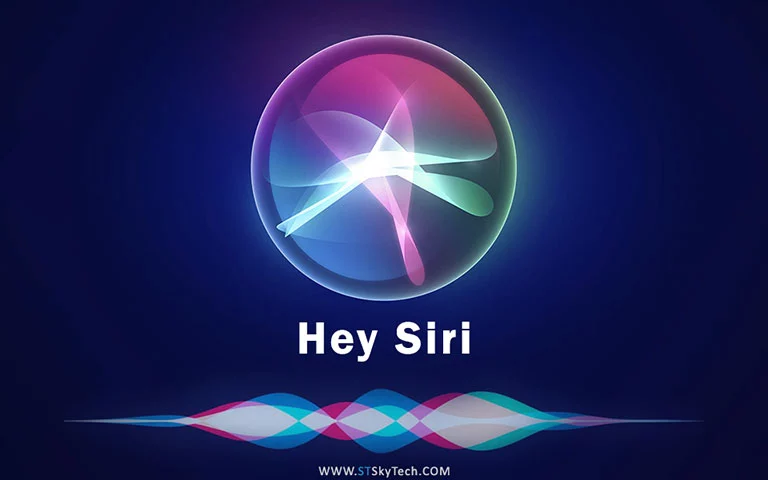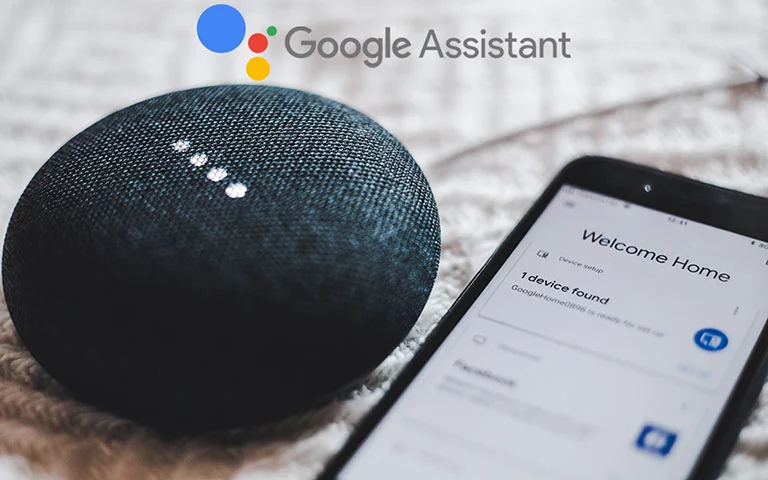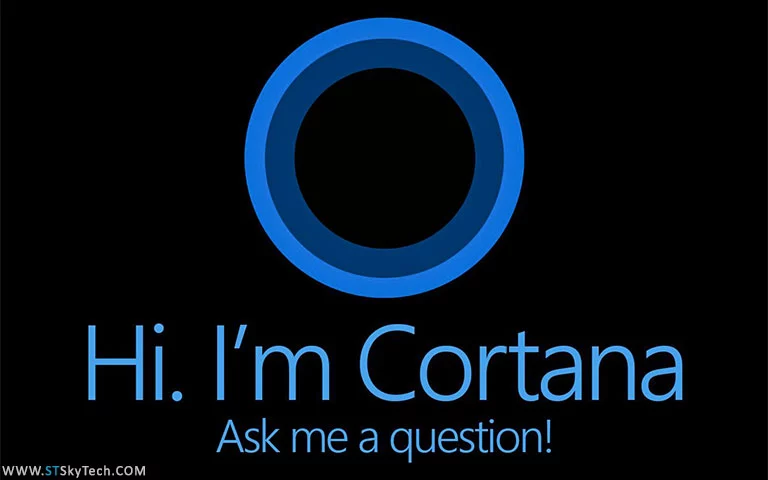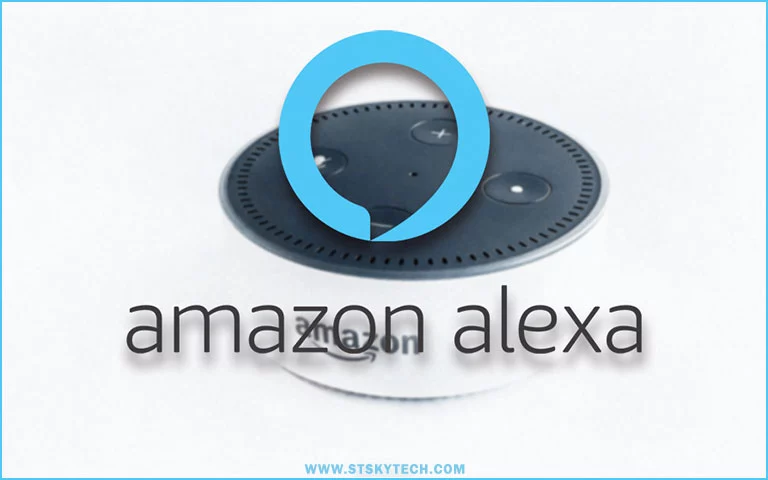Some may think that artificial intelligence (AI) and machine learning are only present in science fiction, such as robots, but this is not true. We use artificial intelligence applications in daily life and without realizing it, that artificial intelligence applications are around us and everywhere.
The applications of artificial intelligence have the ability to learn and think automatically to develop and acquire skills, and the primary purpose of this is to support and enhance diverse human activities.
Artificial intelligence algorithms play an active role in the development of artificial intelligence programs and applications, and this provides easy and smooth capabilities on a large and comprehensive scale.
Artificial intelligence applications in daily life perform many functions, although they contain some complexities, they contribute greatly to accelerating automation processes to get rid of human errors first and to obtain the best business insights second.
With Hubspot’s recent survey of 1,400 consumers around the world, only 63% of people are unaware of the fact that they are using AI technologies and applications.
Artificial intelligence platforms have the potential to perform many complex and intelligent functions closely related to human thinking. In this article, we will present the types of artificial intelligence, and the most important and most common artificial intelligence applications in daily life at the global level.
Contents
Types of artificial intelligence – AI
Artificial intelligence is divided into three categories:
1. Artificial Narrow Intelligence (ANI)
It is artificial intelligence that is trained to perform certain tasks. And this kind of narrow AI drives most of the artificial intelligence applications in daily life. that the term “narrow” is more accurate for this type of AI; Because it’s not weak, it’s capable of running some powerful assistants apps, for examples Apple Siri, Amazon Alexa, IBM Watson, and even autonomous vehicles.
2. Artificial General Intelligence (AGI)
It is an AI equal to the intelligence of the human brain as it has awareness and the ability to solve problems and even plan for the future.
3. Artificial Strong Intelligence (ASI)
It is an AI that exceeds the intelligence of the human brain, but The applications of this artificial intelligence are still just a theory and there are no live examples of it, but there may be some examples of this intelligence in science fiction films such as HAL the supercomputer assistant in 2001: A Space Odyssey.
Artificial intelligence applications in daily life
Artificial intelligence applications surround us and we deal with them in our daily lives. Below we will mention The most common artificial intelligence applications in daily life:
1. Siri

Siri is one of the oldest artificial intelligence applications in daily life. It acts as an assistant to perform many tasks on Apple devices.
Siri was founded by the Artificial Intelligence Center (SRI International), a subsidiary of the DARPA agency of the US Department of Defense in 2007, and was just an application found in the Apple App Store. In 2010, Apple acquired Siri and it was removed from the App Store, and Apple integrated it into its operating systems across all of its devices.
In 2011, Apple released its first product that contains Siri, which is the iPhone 4S, but nowadays it is integrated into all Apple devices such for examples iPhone, AirPods, Apple Watch, and Mac devices of all kinds.
The personal assistant Siri does many tasks such as making calls, sending messages, or reading messages using only voice commands, Siri can also set an alarm and arrange your schedule in the calendar. Because of machine learning, Siri can also evolve over time and become able to anticipate what you need based on your daily routine and carry out your tasks easily and without interference.
Siri is now integrated into all Apple devices, which means that Siri is able to control and organize all smart home devices such for examples opening the garage door and turning on the home lights.
If you love to be curious and learn, Siri is able to answer all your questions, perform calculations, convert text to speech, or vice versa. Siri now supports 21 languages.
2. Google Assistant

The Google Assistant app appeared in May of 2016 and was part of the Google Allo messaging app, and also in the Google Home speaker that was voice-activated.
Google Assistant was published on Android devices in 2017, also on smartphones and in Android Wear which is now Wear OS, and it was released as a standalone app on iOS in May of 2017.
A set of tools for software development that work with this assistant was announced in April of 2017, and the assistant was extended to support a wide variety of devices, including cars and smart home devices, the latter of which are for third parties. The helper functionality can also be improved by third-party developers. This is what made it one of the most widespread artificial intelligence applications in daily life.
In a report published in 2018, Google has significantly expanded the reach of Google Assistant, and it now works with 10,000 devices across 1,000 brands. It also includes iPhones, and various indications have indicated that Google will partner with more and more brands and the active user base is also growing significantly.
3. Cortana

It is one of the most common artificial intelligence applications in daily life; Due to its presence in the most popular Windows OS. This app is named after an AI character named Cortana in the Halo video game developed by Microsoft Studio.
Microsoft announced Cortana to compete with other companies’ assistants’ apps, for examples Apple’s Siri and Google Now. Cortana can learn the user’s tasks, as well as provide a set of alerts based on time first and geographical location second, such as reminding the user when they go shopping that they need to buy some necessary supplies.
Cortana is an AI-powered virtual assistant available on Windows 10, invoke speaker, iOS, Xbox One, and Amazon Alexa. Also available on popular headsets like HyperX CloudX, Razer Kraken, Logitech G933, and Sennheiser.
Cortana provides hands-free and voice assistance, answers questions, provides reminders and keeps all notes, and Cortana handles tasks and manages calendar.
Because of machine learning and over time, Cortana learns more complex tasks. It uses natural language processing, Bing, and data and information from other devices; In order to provide customized recommendations.
4. Amazon Alexa

It is a virtual assistant powered by artificial intelligence developed by Amazon, which aims to facilitate the special tasks that you perform on your Android smartphone. And if you need help doing some everyday tasks, this Alexa app will save you a lot more time.
Alexa assistant app provides answers to all the questions you may have and perform some tasks like reading messages, sending emails, and also closing running processes and it can do all the tasks you do daily. It is also able to identify music and know which music you may want to listen to without manually searching for it, and determine the point you reached in reading your book, answering a message while you are driving or answering a call, and all this is done using earphones.
Amazon Alexa application helps you to do many tasks using voice commands. Using machine learning, Alexa will learn from you while using it and this helps you solve many problems and do many tasks on your smartphone.
One of the most important advantages of the Amazon Alexa app is that it allows direct connection between devices to control them, and this will allow you to add or customize a lot of smart items that are available on your device.
Alexa is the most prevalent artificial intelligence applications in daily life because it is available in almost all smart devices and is linked with smart homes.
5. ELSA Speak
The most famous artificial intelligence applications in daily life are to teach languages. ELSA Speak is a popular application that is powered by artificial intelligence technology to learn the skill of speaking English and detect the error when pronouncing the word and correct it in an easy and entertaining way.
ELSA Speak is concerned with one skill in teaching English and this skill is the user’s speaking skill. You can learn the correct pronunciation of many languages for examples French, Japanese, German, Hindi, Russian, Portuguese, Spanish, and many other languages.
ELSA Speak also acts as a virtual trainer. Through it, the user can speak and know the error when writing and pronunciation and correct them. In the event of an error in the pronunciation of one of the words. ELSA Speak is an AI-powered app to distinguish the wrong letters or words and pronounce them correctly.
6. Youper
It may not be known by many, but it is one of the best artificial intelligence applications in daily life for psychotherapy. Youper is used to customize different psychological techniques to suit the user’s needs and style. These techniques include cognitive-behavioral therapy (CBT), acceptance and commitment therapy (ACT), and meditation therapy.
Youper is a trusted app to provide care and help with symptoms of anxiety and depression, as well as detect and help treat symptoms of borderline personality disorder (BPD) and post-traumatic stress disorder (PTSD).
This AI-powered technology helps to meditate and achieve calmer during the day, as well as get more experience in the psychological state through mood trackers.
The Youper app helps you integrate with Google Fit to take control of your mental health and also benefit from self-help and care.
This application uses artificial intelligence to create a new technology capable of understanding the human mind, as well as developing personalized treatments for specific conditions such as anxiety.
◽ Conclusion
Artificial intelligence applications in daily life work with great success to take over many tasks in our lives, and they also contribute to avoiding the dangers that occur during natural disasters, AI and machine learning work in various complex fields that require strict and quick decisions without carrying an error or delaying a task.





